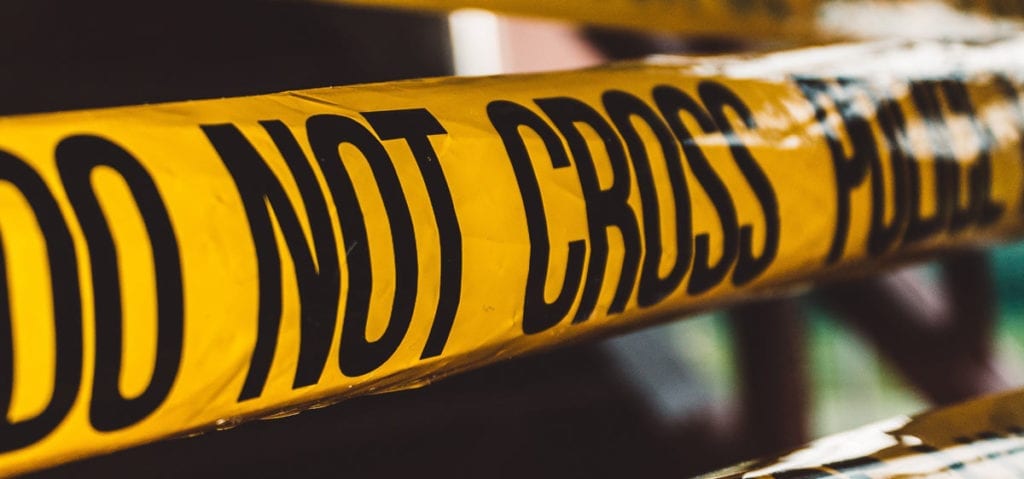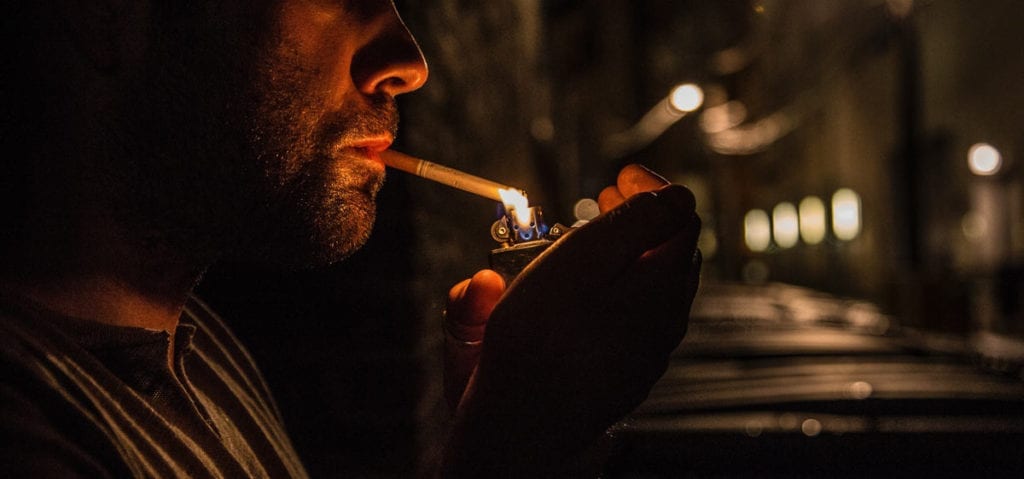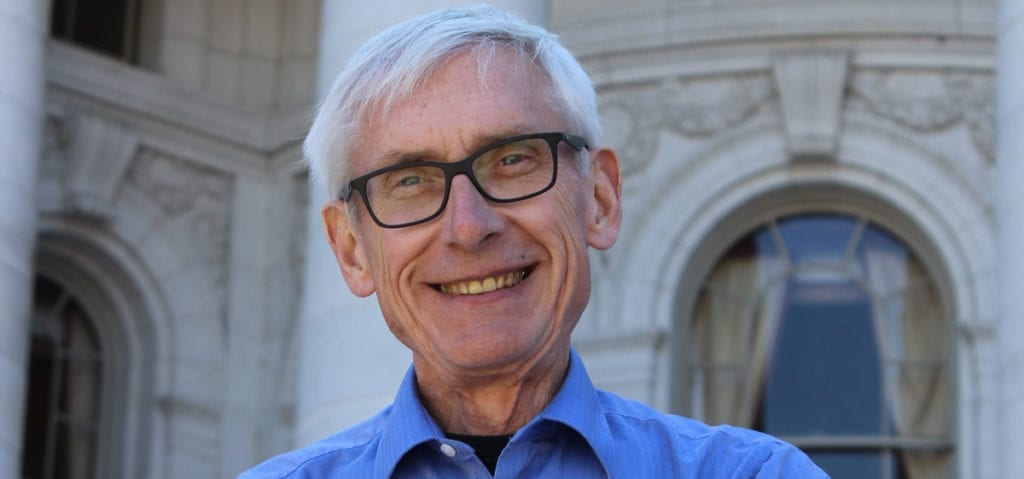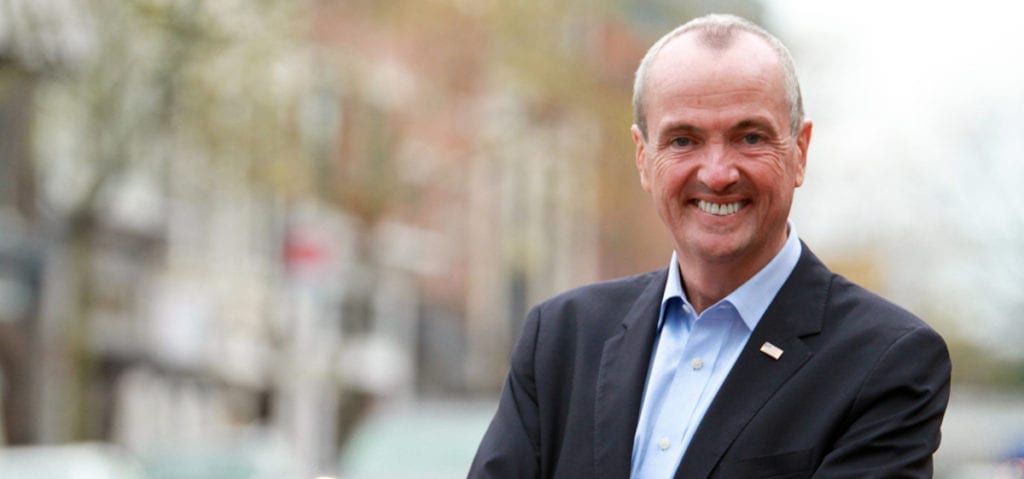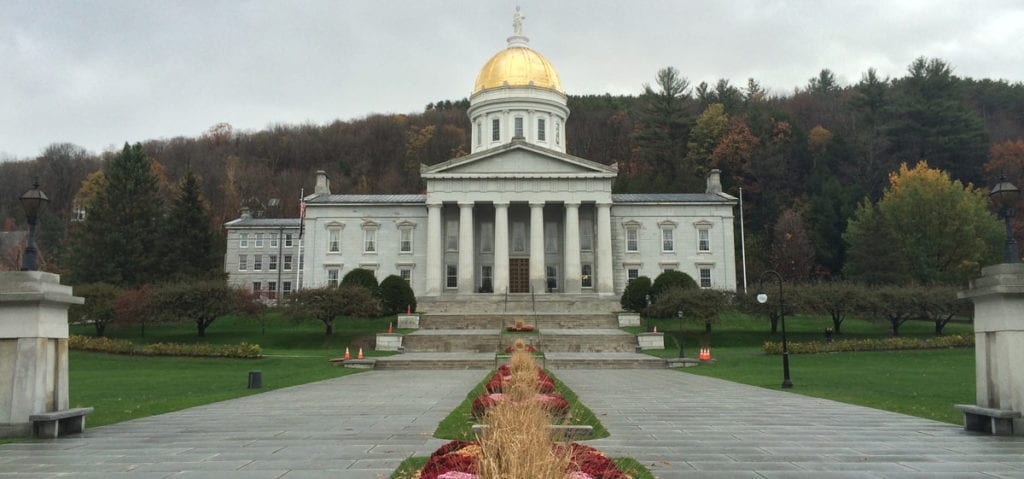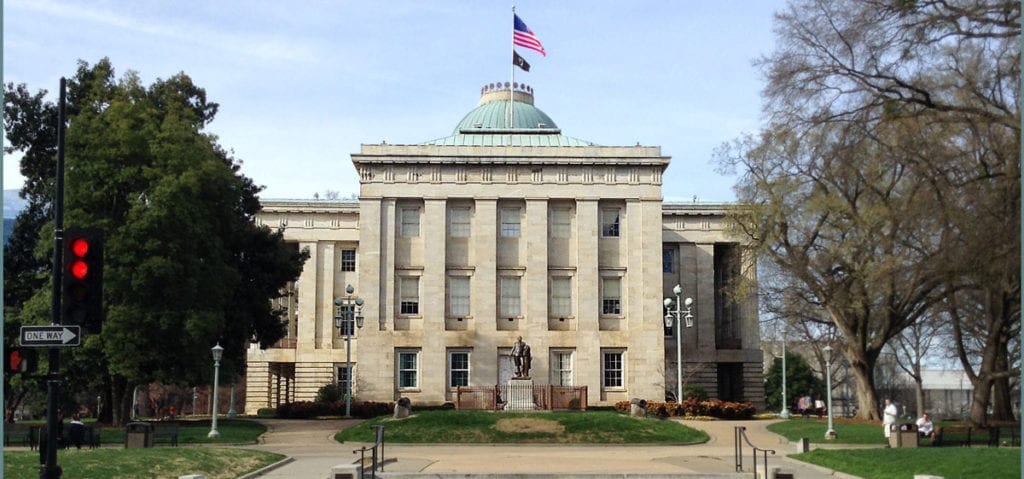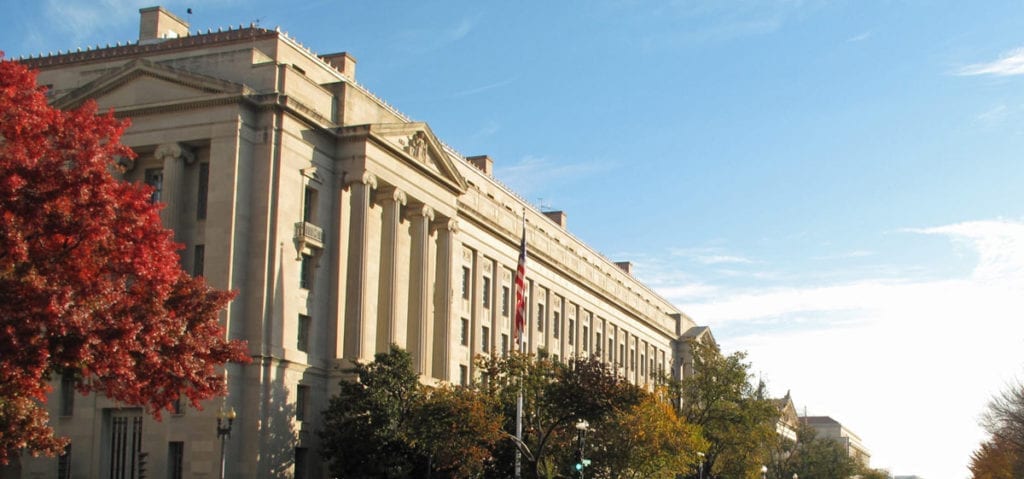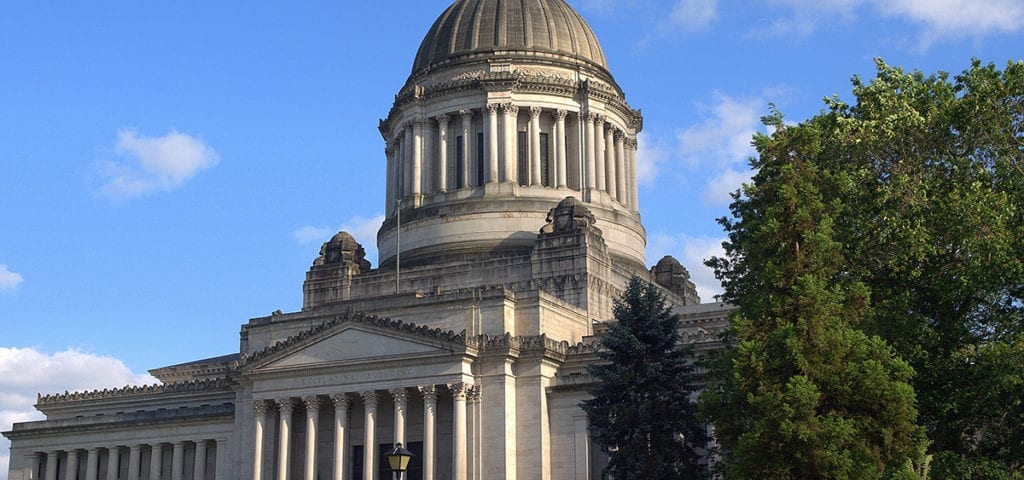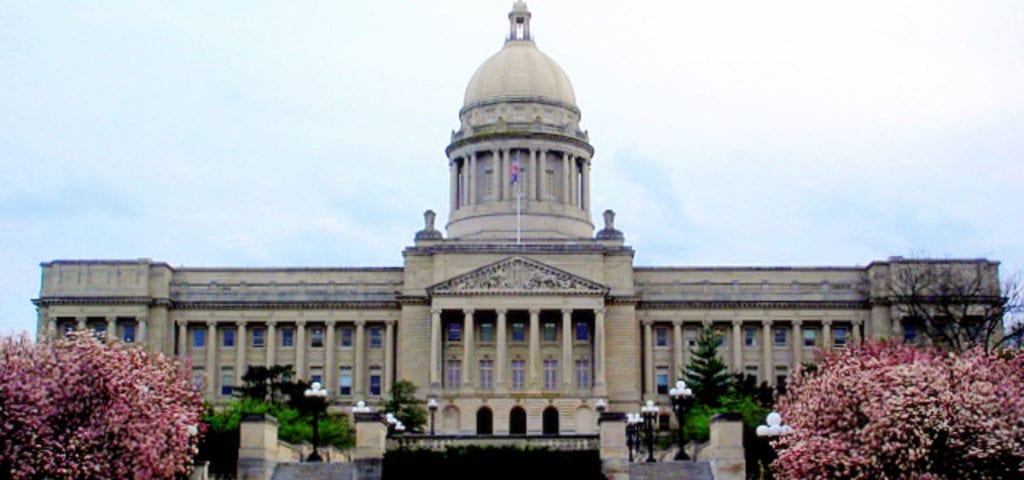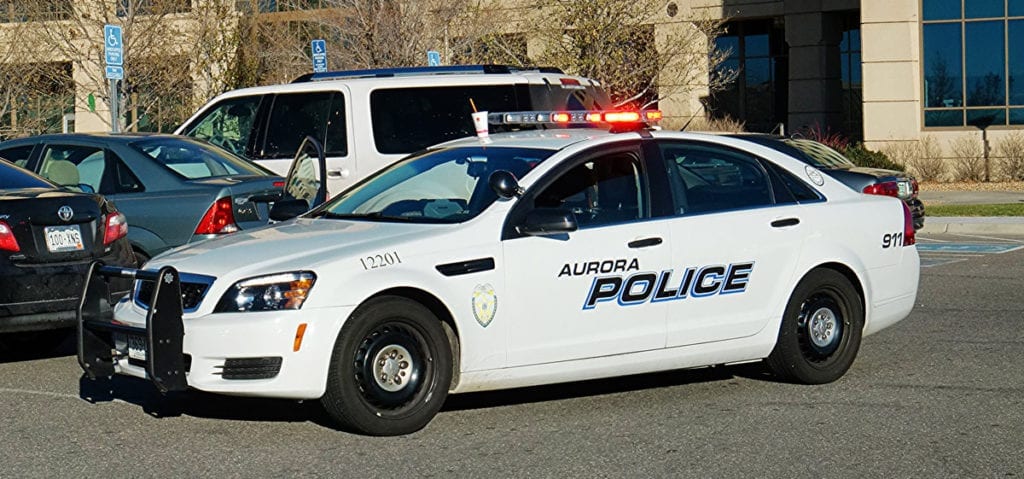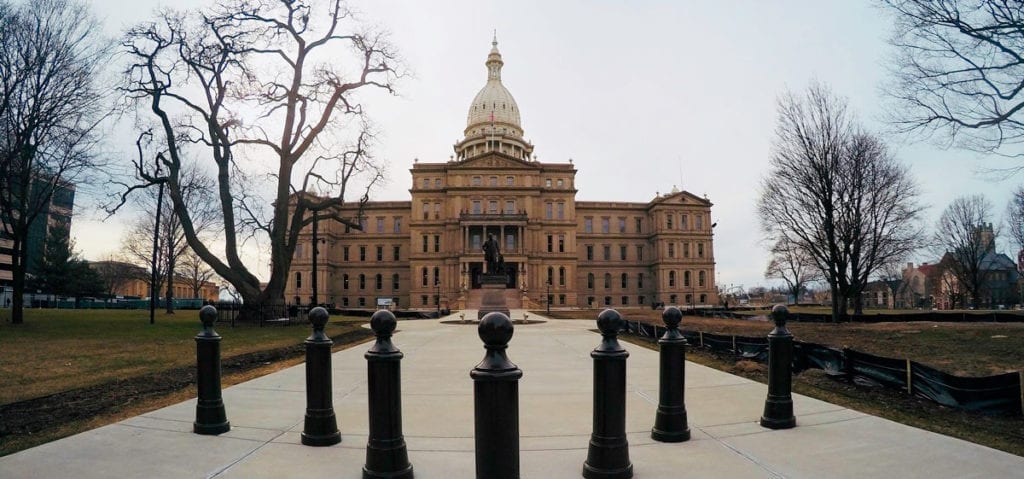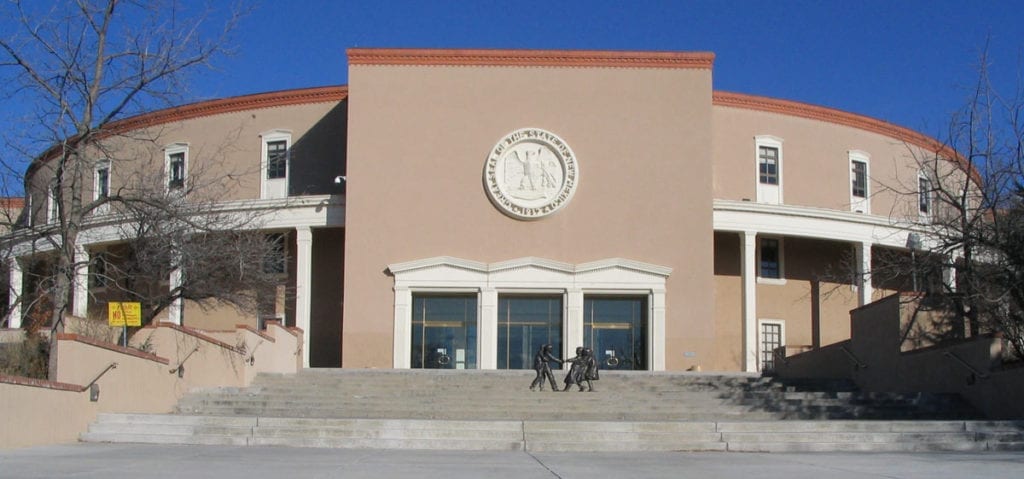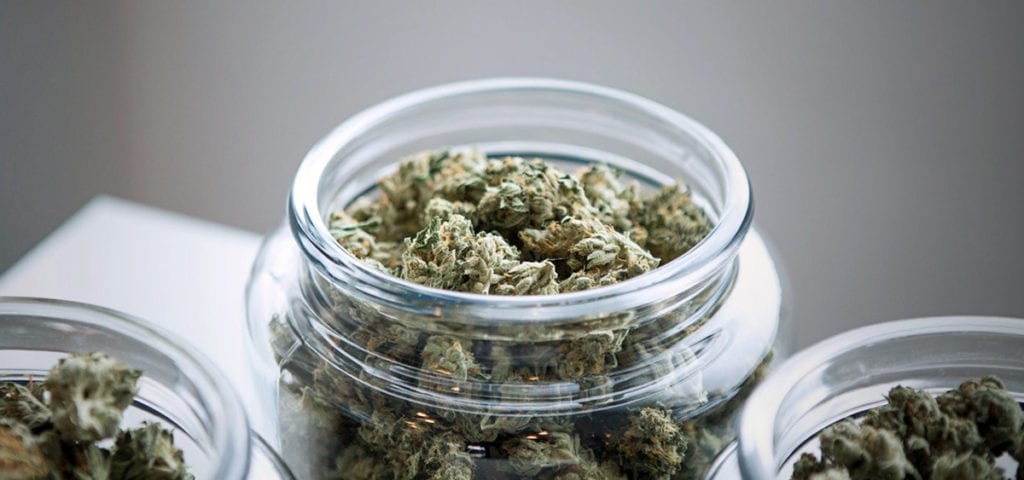A new medical cannabis dispensary in Queens, New York — The Botanist Queens — is the latest entity to open under Acreage Holdings’ multi-state Botanist dispensary chain, which so far operates in Massachusetts, Maryland, Ohio, and New York. The shop is also Acreage’s first expansion to the metro-New York City area.
The Botanist brand — owned by New York medical cannabis license holder NYCanna, which in turn was bought by Acreage Holdings last August — emphasizes sleekly designed retail spaces and consistently offers education opportunities to patients as well as top-shelf cannabis medicine and other products.
“The Botanist brand is really at the nexus of health and wellness,” said Harris Damashek, Chief Marketing Officer for Acreage Holdings. “We wanted our retail brand to be approachable for patients no matter their experience level with cannabis, so we base a lot of the patient experience around education.”
Multi-state dispensary operations, however, face difficult regulatory obstacles as each state has crafted different rules for their medical cannabis programs. In New York, for example, cannabis patients cannot smoke cannabis and/or buy cannabis edibles. Instead, their only options are vaporizers, tinctures, pills, or similar products. “We work very closely with local regulators in any market we are in to make sure we are in compliance,” Damashek said.
Despite New York’s tight restrictions, the state could easily shake out to be one of the more lucrative U.S. cannabis markets. Additionally, lawmakers in the state are currently considering adult-use legislation at the behest of Democratic Gov. Andrew Cuomo — there is not, however, a clear path forward on the issue.
According to Damashek, “We are evaluating the possibilities should adult-use pass in New York but our focus is on the medical program.”
Acreage Holdings made national headlines last year when it appointed former Republican Speaker of the House John Boehner and former Massachusetts Gov. Bill Weld to its board of advisors.
End


